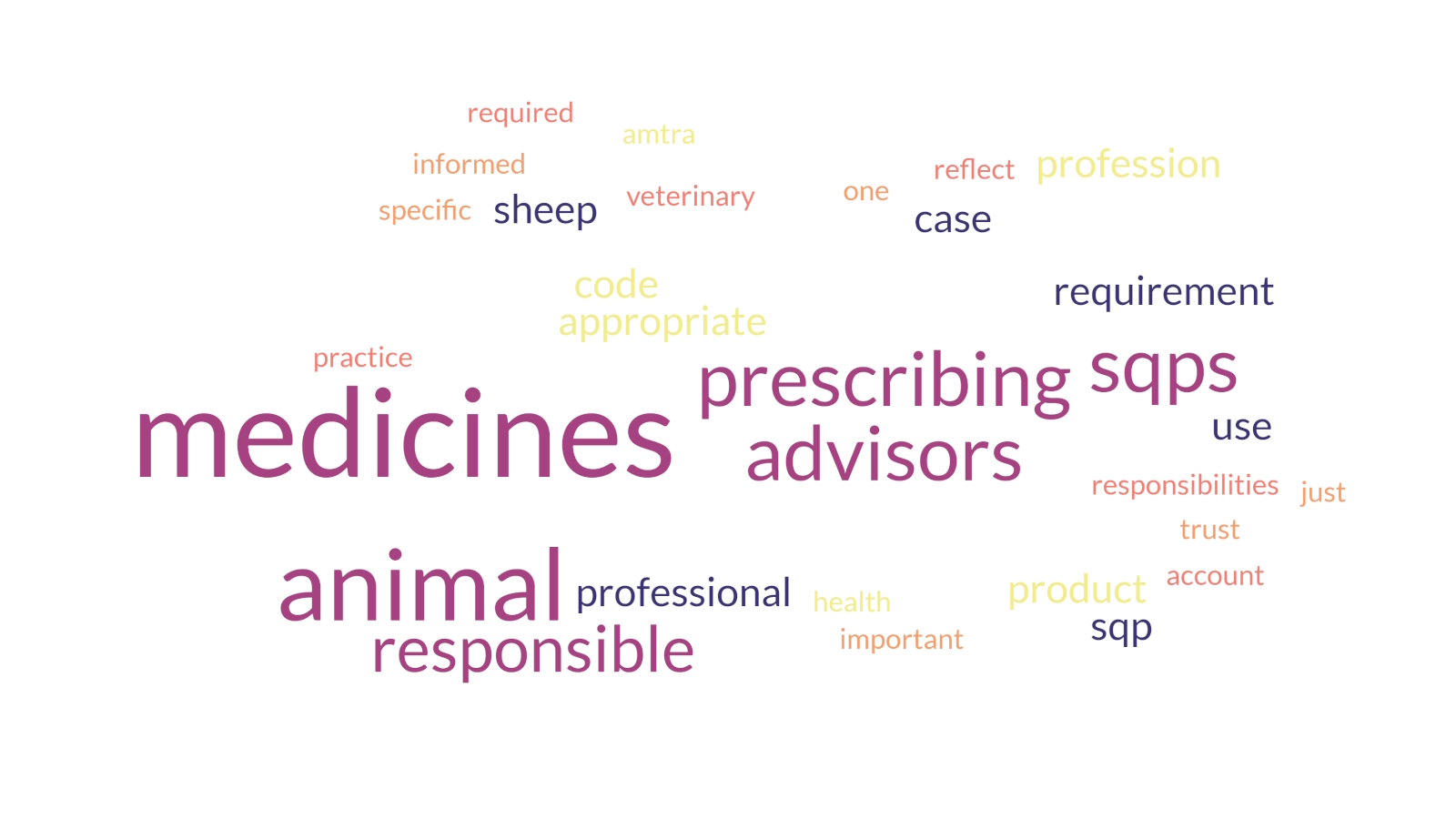It’s been a very busy year and I wanted take a moment to reflect on some of the highlights in the final blog of 2025, including our Industry Survey highlighting the need for greater awareness of the role of the SQP, our summer event and its Awards, contributions to key consultations, and our growing CPD Academy.
Responsible prescribing is at the heart of the SQP / Animal Medicines Advisor role. It’s both a legal and a professional requirement, it’s why the qualification process is challenging and the CPD obligations are in place, and it’s how we best serve our customers in supporting animal health and welfare sustainably, and in the case of farm livestock, profitability too.
Last month (June 2025) we held our Summer Event at Harper Adams University.
The event saw marketing authorisation holders, managers, employers, trainers and other key industry stakeholders gather to celebrate recent AMTRA developments and share our future plans. We heard from industry speakers on key topics relevant to the profession and we revealed the results of our industry survey...
In the complex and highly regulated world of animal health, the role of a Suitably Qualified Person (SQP), also referred to as a registered animal medicines advisor, functions as a vital link between veterinary science, animal welfare, and responsible medicines use. SQPs are regulated and to practice in the role, they must undergo thorough training and secure the required qualifications to supply and prescribe certain animal medicines.



